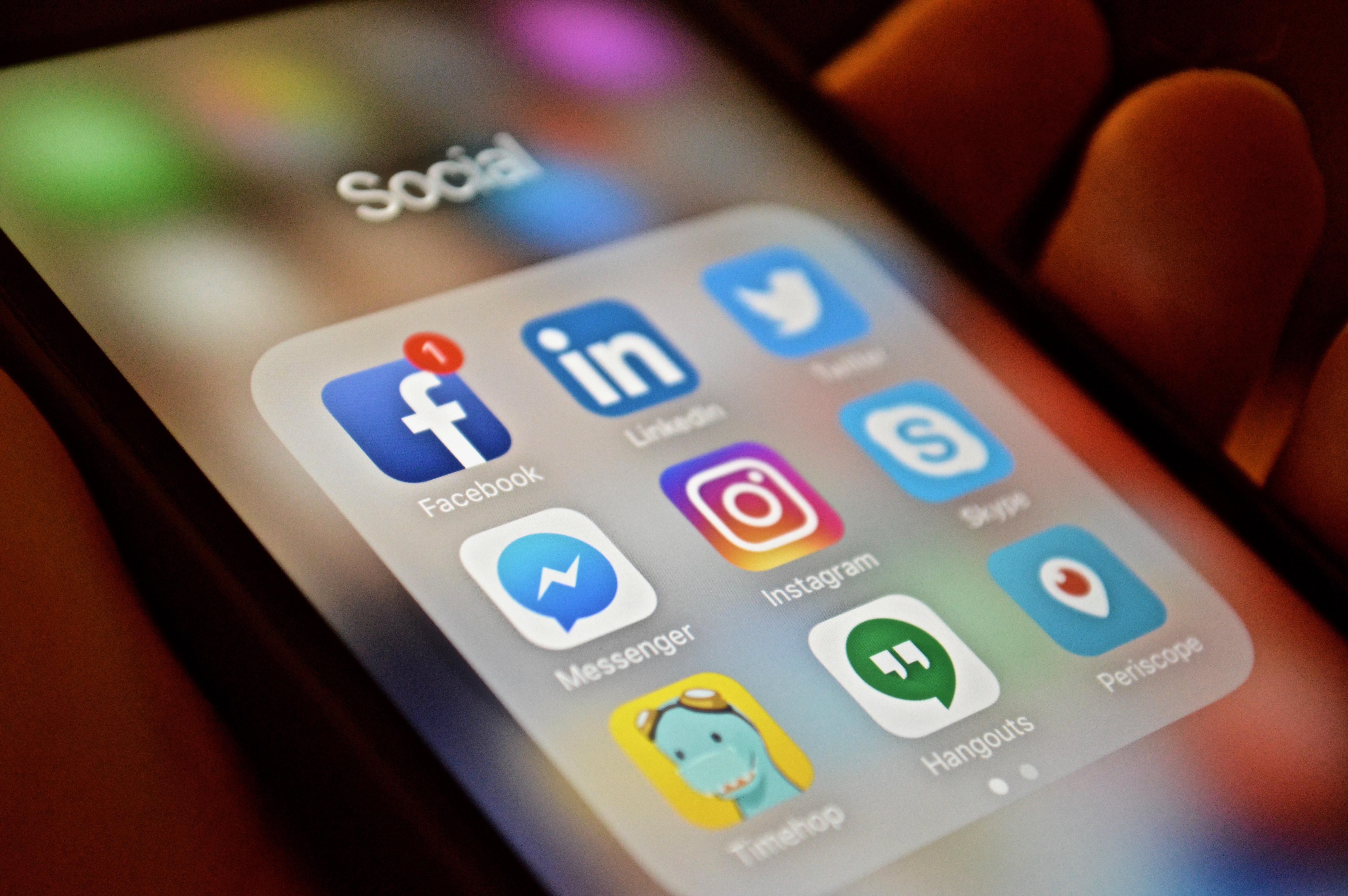
When the great social media blackout of October 4, 2021, struck, I was in the picturesque village of Himarë in southern Albania with my feet propped up on a balcony railing, half-gazing at the Ionian Sea, while impatiently awaiting Al Jazeera’s publication of my latest article on New York Times columnist Thomas Friedman.
As the blackout happened to coincide with a local internet outage, I first dedicated myself to cursing the Albanian networks and manically refreshing all open tabs on my laptop.
The real victim, whether social media is on or off, is a human society that is being hollowed out by screen-time.
When the internet returned but the components of Mark Zuckerberg’s digital empire—Facebook, Instagram, and WhatsApp—still failed to load, I sped over to Twitter to see what was wrong with the world.
And much, it seemed, was wrong with the world.
Swarms of people were inundating Twitter with commentary on how swarms of people were inundating Twitter.
Some tweets also specified the lack of an ETA for the restoration of the other social media services. Feeling myself in an astronaut-without-oxygen moment, I despaired over what to do not only about my inability to post the now-published Friedman article to Facebook but also how to attend to some pending Very Important WhatsApp Correspondence with no credit on my Mexican mobile phone.
In a flashback to a previous technological era, I recalled a thing known as Skype, which I then used to send a text message to the phone of my Very Important Correspondent notifying him of my Gmail address.
Following a bit more pathological refreshing of WhatsApp and Facebook tabs and viewing the same Twitter memes over and over, I closed my laptop and phone, sat back, and dove headlong into an existential crisis about being that person who cares about any of this when she could just be looking at the sea.
I went to bed, awaking at one o’clock in the morning to find that all had returned to normal and that I could at long last post my article to Facebook, where I also found a message from my WhatsApp correspondent from hours before informing me that he could not access WhatsApp.
But while the effective substitution of social media for life has certainly become normalised—and even more so courtesy of the coronavirus pandemic and the need for social distancing—there is nothing really normal about it at all.
I myself, obviously, am speaking from a position of immense privilege; after all, many inhabitants of this earth do not have the time or resources to be able to engage in such vacuous pursuits as clicking eternally between different social media platforms on a screen.
The privilege, however, is ultimately a dubious one—as swathes of humanity forsake reality for an artificial technological realm in which we often promote carefully cultivated images of ourselves in order to accrue the most “likes” and other digital manifestations of approval and admiration.
In marketing our own brand of “self”, we essentially chip away at the “self” itself, which can progressively disintegrate and evaporate into the online world.
Meanwhile, pervasive technological distraction fuels a sort of collective case of attention deficit disorder—not to mention the other negative mental health repercussions of online existence—all of which constitute a clear boon for an abusive and profit-driven pharmaceutical industry.
And in countries such as my homeland, the United States, the mass distraction helps to thwart the kind of collective focus required to effect systemic change.
Of course, social media also offers a platform to criticise and agitate against a US corporate plutocracy that specialises in militarily and economically devastating other nations—a subject that I have written about at length over the years.
Unfortunately, posting a bikini picture on Facebook will get me more “likes” any day—which, truth be told, does not stop me from doing it.
Call it normalised addiction.
Without degenerating into trite nostalgia for the good old days, I will say that I do regularly fondly recall sitting in the grass in my parents’ backyard in Texas circa 25 years ago—and doing nothing but that: sitting in the grass in my parents’ backyard.
I miss, in other words, doing something (or nothing) in the moment itself without feeling the need to digitally transmit an image of me or my surroundings to an online audience—thereby annihilating that very moment via the logistics of transmission.
But back to the present.
On October 5, after the apocalyptic six-hour social media outage had come to an end, Bloomberg reported that Mark Zuckerberg had suffered “a terrible week” (even though it was “only Tuesday”).
And yet the real victim, whether social media is on or off, is a human society that is being hollowed out by screen-time and where solidarity takes the form of, for example, commiseration on Twitter about Facebook and WhatsApp being down.
This may be life as we know it, but we no longer really know life at all.
Facebook Was Dead—And for a Few Hours Life Was Good
Source: Articles Viral Post
0 Comments